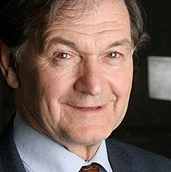I hope you will excuse a bit of off-topic self promotion. One of my hobbies is puppetry. It has come up now and then over the years in the blogs and jokes about me and puppetry have sometimes been made in LDS blog circles.
So I just wanted to let everyone know that I’ve launched a web-based video series for kids featuring my puppets. It’s called Rusty & Ollie’s Fun, Facts, and Follies.
Check it out. And please share it with your friends and family.
You can watch a brief introduction to the series here.
And here is the first episode:
https://www.youtube.com/watch?v=9vvFTb93yFM

 A while back
A while back